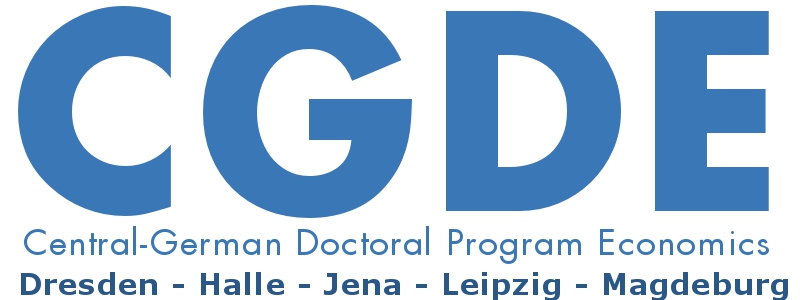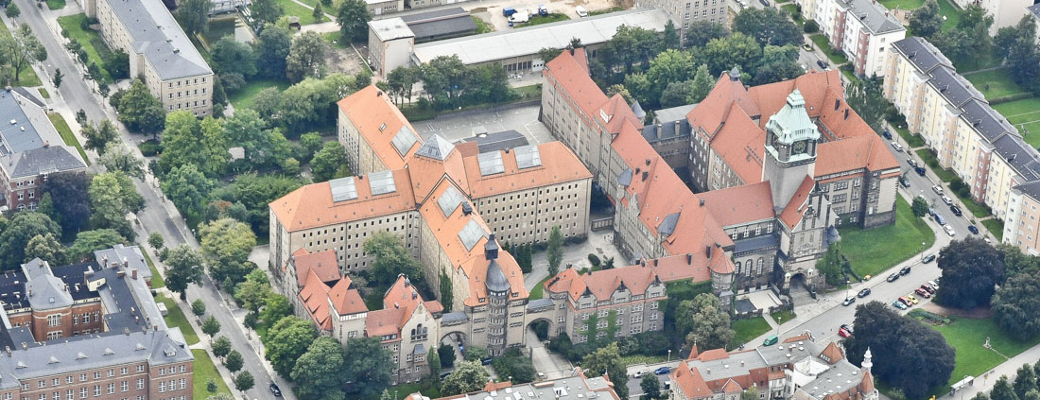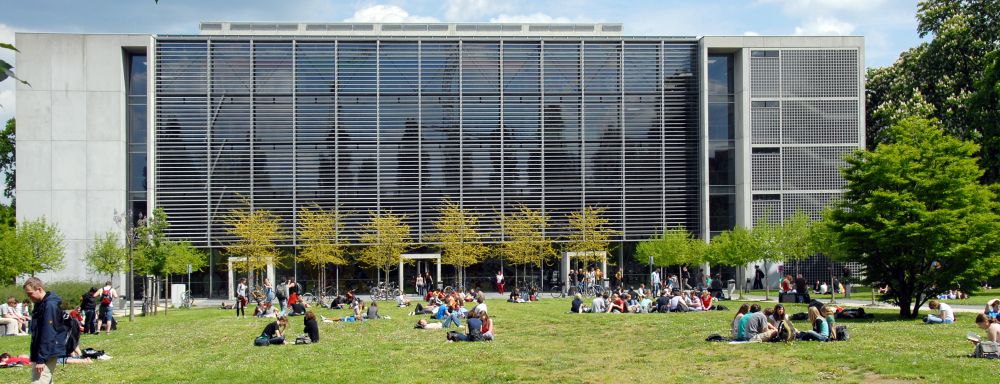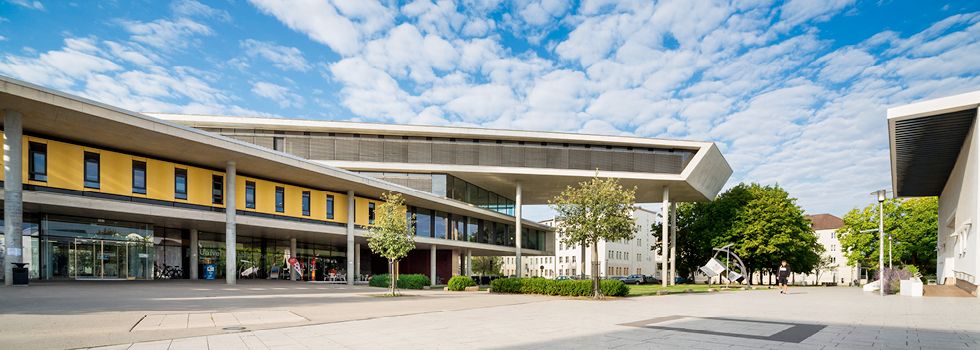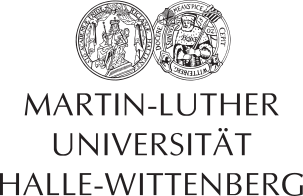Introduction to Graduate Labor Economics, with an Emphasis on Life-Cycle Dynamics
Lecturer: Professor Florian Hoffmann, PhD (University of British Columbia and IWH)
Date: October 25-29, 2021
Time: 17:00 to 21:00
Venue: IWH, online
Registration: via email annett.hartung@iwh-halle.de until October 8, 2021.
The lecture format will be online.
The course is designed for at most 25 participants. Places will be allocated on a first come, first served basis.
Announcement: pdf
Syllabus: pdf
Course Description
This workshop is designed as a first course in Ph.D.-level Labor Economics. The overall goal is to give a fairly broad overview of contemporary topics in labor economics and the different empirical methodologies used therein. This should provide students the tools to read up on literatures that we will not cover, such as the economics of immigration. We will cover modern empirical methods in program evaluation, such as Regression Discontinuity and Field Experiments. Some dynamic models are covered as well. Prerequisites for the course are a background in graduate-level microeconomics, macroeconomics and econometrics.
Due to the ongoing COVID-19 pandemic and the corresponding uncertainty regarding international travel restrictions, I will teach the course from Vancouver via Zoom. The time difference is 9 hours. I will thus teach the course from 17:00 to 21:00 each day, with two 15- minutes breaks. Homework assignments will be given at the end of each day and can be solved the next day before class. They will contain empirical exercises. Any statistical software can be used for solving them, though I will provide data sets in Stata format.
Course Evaluation
There will be one homework assignment per day and a final exam. The homework assignments can be solved in groups, but the final exam needs to be solved by each student independently. Each of the 6 evaluation components are designed to be solved in approx. 3 hours. Each homework assignment is worth 15% of the final grade, and the final will be worth 25% of the grade.
I will post homework assignments at the end of each day, and the deadline is 1 week after.
The date for the final exam is Friday, November 5th.
Syllabus
The course is paper based. We will cover approximately one paper per topic in class, but all papers on the reading list are relevant. I will provide a detailed list of papers 2 months before the course starts.
Review Papers
For comprehensive surveys of a specific field of research, sometimes quite narrowly defined, the „Handbooks“ are always a good source. Obviously, for this course the Handbook of Labor Economics is the most relevant one. Some surveys should be read by any empirical researcher. Here is a small list:
Angrist, J. and A. Krueger (1999). „Empirical strategies in labor economics,“ Handbook of Labor Economics,
Angrist, J. and A. Krueger (2001). „Instrumental Variables and the Search for Identification: From Supply and Demand to Natural Experiments,“ Journal of Economic Perspectives, vol. 15(4), pp. 69-85.
Lee, D. and T. Lemieux, (2010). „Regression Discontinuity Designs in Economics,“ Journal of Economic Literature, vol. 48(2),
pp. 281-355.
Day 1: Neoclassical Models of Labor Supply
Day 2: Unemployment
Day 3: Equilibrium Search as a Framework of Monopsony
Day 4: Labor Market Power
Day 5: Wage Inequality
